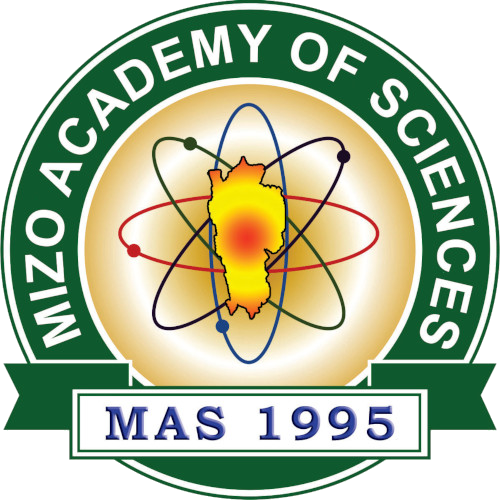PCR pathotyping of native Bacillus thuringiensis from Mizoram, India
Zothansanga, Lalhmachhuani, N. Senthil Kumar, G. Gurusubramanian
Abstract
Bacillus thuringiensis is a ubiquitous, gram-positive and spore-forming bacterium. During sporulation, it produces intracellular crystal (cry) proteins, which are toxic to insects. The genetic diversity of B. thuringiensis strains shows regional differences. Thus, each habitat may contain novel strains with new insecticide. The aim of this study was to isolate B. thuringiensis strains from different environments of Mizoram, India, and to identify the cry gene content of the isolates using PCR. The universal primers specific to cry1, cry2, cry3, cry4 and cry9 genes were used to detect the type of cry gene carried by each environmental isolate. Altogether, a total of 42 cry genes were detected out of which 12 were cry1, 5 were cry2, 3 were cry3, 18 were cry4 and 22 were cry9 out of 45 selected strains.


